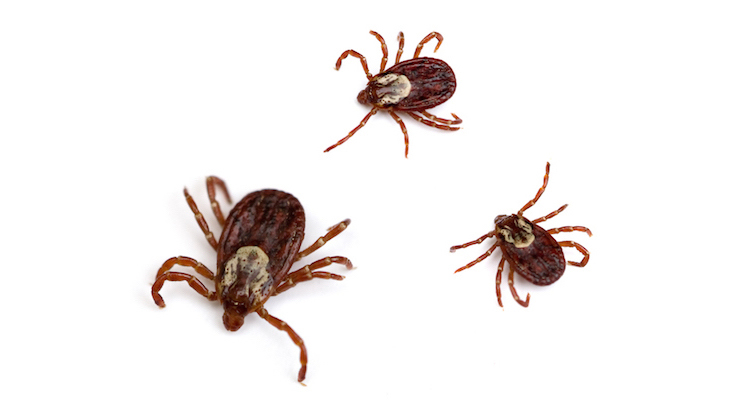This is a common question among Massachusetts residents.
Is there a tick peak season. Well, yes. There is not only a tick peak season, but two periods of peak tick activity in Massachusetts each year. Wait, what? You read that correctly. Ticks are not simply active in the summer.
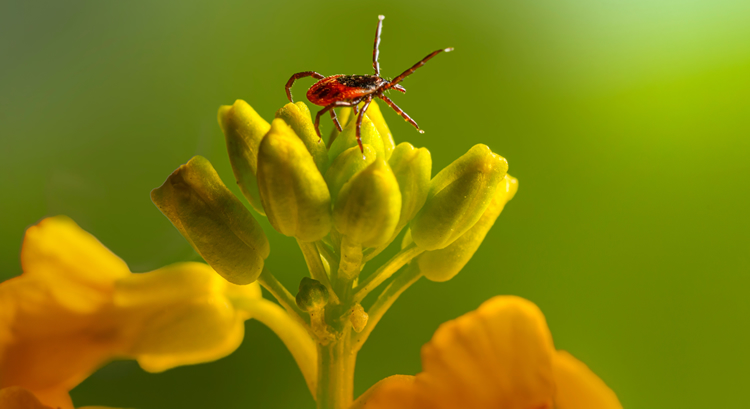
Tick peak season, take one.
Who doesn’t love the emergence of springtime? We are coming out of our winter slump, taking in warm sunshine, fresh air, and burst of flora and fauna. Ticks also love the spring! With spring’s arrival, ticks too come out of their lairs. Most notably, are the tiniest ticks – nymphs. Nigh undetectable, nymph ticks come on strong around April. They are plentiful and they are famished. Since they are so hungry, they feed on blood sources close to them, such as mice. The problem is, these same mice are common carriers of the bacteria that cause Lyme disease. Next on their menu could be you, or your child, or even your pet. Since an estimated 90% of white-footed mice in our area are carriers of Lyme bacteria, your odds of contracting Lyme infection from a nymph tick bite in the springtime is very high. Once ticks emerge in the springtime, they are quite active through the end of August in Massachusetts. Our first tick peak season is April through August.

Also read: Is Powassan virus in Massachusetts?
Tick peak season, take two.
You might think that ticks scurry away or even die after spring and summer. Such is not the case, however. Our warming climate is now supporting longer tick peak seasons and the spread of new tick species in Massachusetts. When we talk about who is hungry for blood in tick peak season two, it’s adult females. These voracious ticks are looking for a final blood meal to fertilize their tick eggs before they enter dormancy. Even though nymph ticks are the biggest spreaders of Lyme disease, you can still be infected by an adult tick after summer. It’s possible to get Lyme infection any time of year, in fact. Our second tick peak season takes place in October and November in Massachusetts.

Tick control knows no season.
To combat ticks all year long, you must seek a reputable tick control company. These experts will provide you with tailored methods of protection around your home. In the first peak season, they will deploy barrier control protection. In October, they will deploy tick control tubes to fortify your year-round protection.
Also read: Can I get a tick bite in the winter?
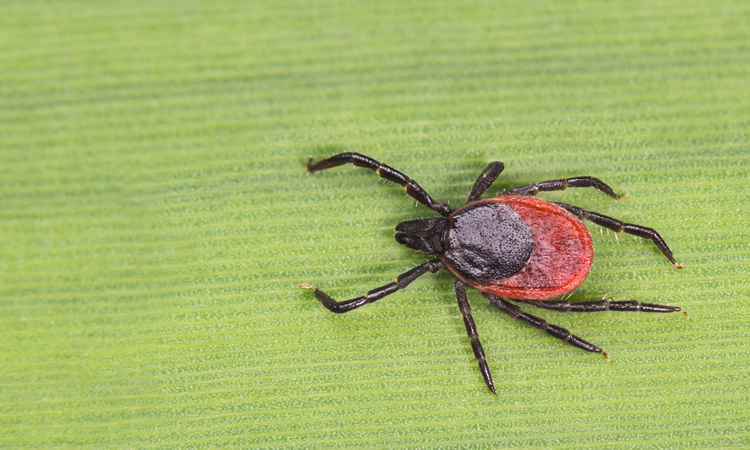



 Having your backyard and surrounding property professionally treated with professional
Having your backyard and surrounding property professionally treated with professional 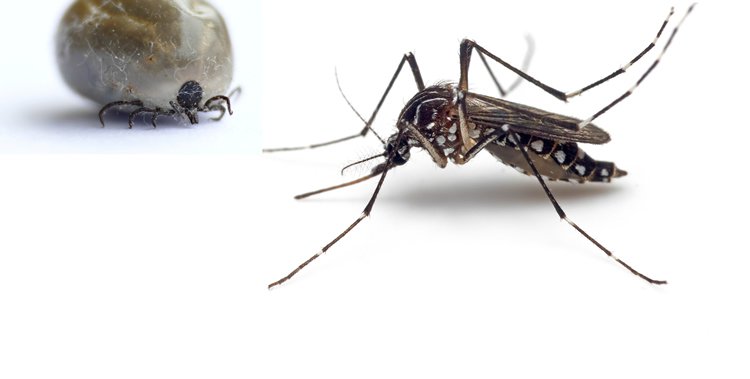
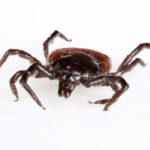



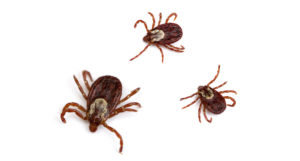 Local tick experts report that 2021 was even worse than 2022 for exploding tick populations. There were more dog ticks in Maine in 2021 than had ever been reported. There is no doubt that fire will work to this farmer’s benefit. It will most assuredly kill ticks. One expert says that Elizabeth’s effort to eradicate ticks in her field will be successful specifically for dog ticks. This is because dog ticks can predominantly be found in flat fields. However, for our friend the deer tick, that lives typically in woodland areas, the fire might not be as successful.
Local tick experts report that 2021 was even worse than 2022 for exploding tick populations. There were more dog ticks in Maine in 2021 than had ever been reported. There is no doubt that fire will work to this farmer’s benefit. It will most assuredly kill ticks. One expert says that Elizabeth’s effort to eradicate ticks in her field will be successful specifically for dog ticks. This is because dog ticks can predominantly be found in flat fields. However, for our friend the deer tick, that lives typically in woodland areas, the fire might not be as successful.
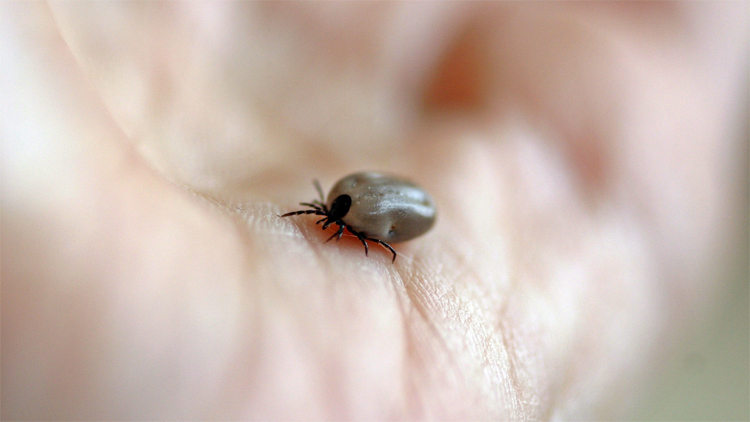


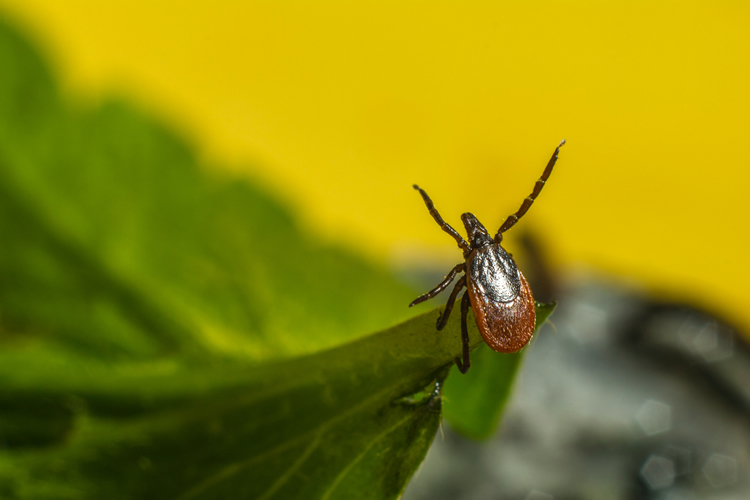
 There is no reason to stop your tick control efforts with the change of season. There are a lot of reasons that you should never halt tick control around your home and property. To name a few: Lyme disease, Babesiosis, Rocky Mountain spotted fever, Powassan disease, Tularemia.
There is no reason to stop your tick control efforts with the change of season. There are a lot of reasons that you should never halt tick control around your home and property. To name a few: Lyme disease, Babesiosis, Rocky Mountain spotted fever, Powassan disease, Tularemia.



